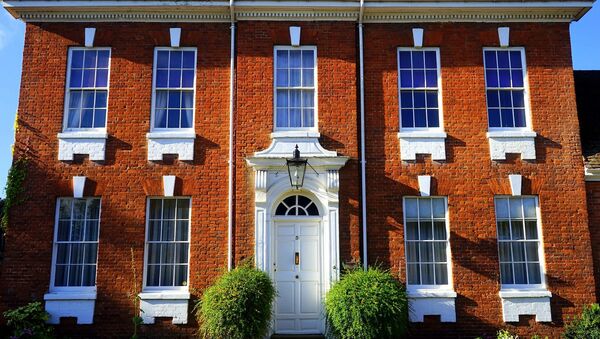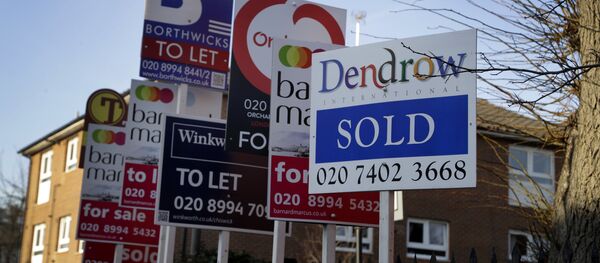Over £123b in housing remains unoccupied or rarely used in the UK, new research has revealed, with some calling for a one percent tax on homeowners buying a second house to battle Britain's housing crisis, according to the Telegraph.
UCL researchers surveyed roughly one-third of constituencies in Britain, or around 40 percent of the UK's total population, and found that almost 340,000 homes were underused. London was the most affected, with the boroughs of Southwest and Kensington being the hardest hit local authorities where £21bn in nearly vacant property sits unused.
“Some of the most surprising findings were the sheer value and quantity of low-use properties in some areas," said University College of London researcher Jonathan Bourne.
“The data shows that low-use properties are very concentrated in small numbers of desirable areas. In such cases simply building more homes is not going to solve the problem, as the issue is intense competition for property, not a lack of places to live."
— Open Data Institute (@ODIHQ) November 24, 2017
— Caroline Dibden (@CarolineDibden) February 13, 2019
“An empty homes tax may be more effective, with the potential to generate a not inconsiderable income for local authorities, whilst taxing people who are typically not eligible to vote in local elections, or encouraging them to rent out their properties.”
Across the Atlantic in Canada, the City of Vancouver launched the Empty Homes Tax, which imposes a one percent tax on the value of the property following an assessment. All homeowners must submit a declaration to determine if they are subject to the tax, according to the city government's website. Revenues generated by the Empty Homes Tax will fund affordable housing initiatives.
READ MORE: Forsaken by Mankind: Most Unusual Abandoned Places Across the World
According to ONS figures, full-time workers should expect to pay 7.8 times more of their earnings on buying an existing home in England and Wales in 2017, up 2.4 percent from 2016, with most spending around 9.7 times their normal annual wages on a new property. The report also found that Kensington and Chelsea were the least affordable boroughs in 2017, where houses cost 40.7 times what the average worker earns per year. Housing affordability also sank in 69 local authorities across England and Wales over the past five years.



